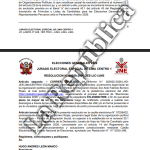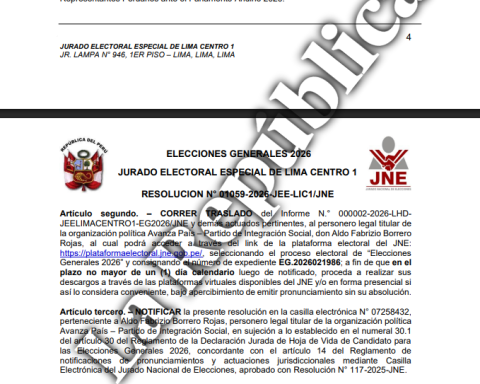The impact on the pocket, more than the health benefits, cwould lead people to stop consuming ultra-processed products and sugary drinks from September 2023 when the so-called healthy tax for these products begins to apply.
(Read: Entertainment continues to drive the country’s growth but it would drop).
This is shown by part of a survey presented yesterday by the firm Mobimetrics called “Economic reality of Colombians 2023”. In the first part, the perception of Colombians about the tax reform that will come into effect next year is addressed. The sample size covered 2,000 people nationwide.
Indeed, more than half of those consulted (53%) He declares himself concerned about the new tax reformwhile 35% say they are optimistic.
Barely 6% express joy and another 24% are hopeful. In contrast, 27% express feelings of anxiety, 21% express frustration and 15% say they feel angry.
In Antioquia and the Coffee Region, those most concerned about what is coming in tax matters are concentrated, according to 57%.
there is also the highest level of people who express feelings of frustration due to changes in taxation.
(Also: Avian flu could affect chicken and egg production).
In Bogotá, 54% say they feel worried and another 27% indicate anxiety for this reason.
On the other hand, in Cauca and Valle del Cauca, there is the highest percentage of optimists, according to the response of 41% of those surveyed.
The Mobimetrics survey deepens the decision of people to consume sugary drinks and ultra-processed foods when the so-called healthy taxes begin to apply.
it is so as 71% argue that consumption will decrease due to the price increasewhile only 25% say they will for health reasons.
Another 3% explain that they will reduce the consumption of these products by medical recommendation and none will do so motivated by supporting a family member.
In the capital, 73% will do so motivated by a price increase due to the new tax.
Another 27% will stop consuming them in order to generate benefits for their healthwhile 4% will react in this way on medical recommendation and 1% will do so to support a family member who needs to take this measure.
(Read: Damaged tertiary roads raise transport costs by up to 30%).
In the case of sugary drinks, 78% of Colombians stated that they consume soft drinks.
By region, the coast is the largest number of people who take these products, above the average with 84%.
In Bogotá, 77% answered affirmatively, while in Antioquia and the Coffee Region, 78%, and in Cauca and Valle del Cauca, 73%.
In other regions of the country, the consumption of these products reaches 80%.
When the tax on sugary drinks comes into force in 2023, 70% of those surveyed state that they would reduce their consumption.
(Keep reading: Details of the agreement that will limit the wholesale price of gas).
The Mobimetrics survey analyzes the case of processed meats and consumption prospects in light of the new healthy tax. There it is established that only 15% of the surveyed population does not consume processed meatson the contrary, 85% are consumers.
When the ultra-processed food tax goes into effect, 63% would decrease their consumption and 36% would stay the same, with cross-sectional percentages in all regions.
In the case of fast food, 81% say that they consume it and 61% say that the new tax would affect consumption.
BRIEFCASE

















